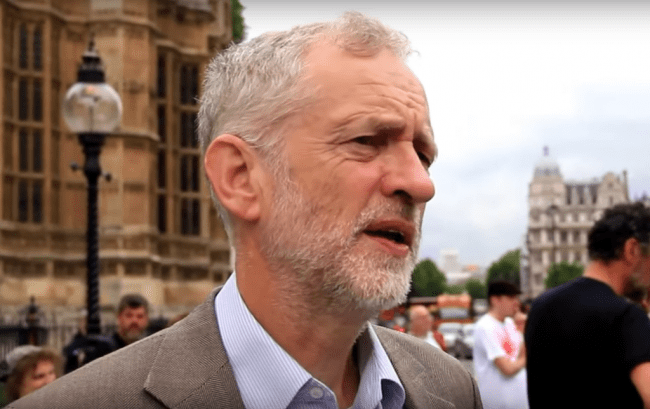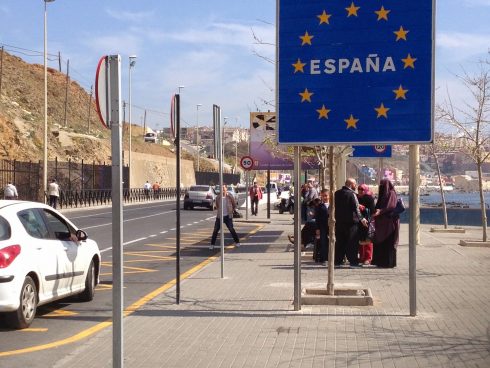 LABOUR leader Jeremy Corbyn could face a vote of no confidence on Tuesday following the shock Brexit result, while a second Scottish referendum and an Ireland unification beckons.
LABOUR leader Jeremy Corbyn could face a vote of no confidence on Tuesday following the shock Brexit result, while a second Scottish referendum and an Ireland unification beckons.
Labour’s Margaret Hodge and Ann Coffey have submitted a vote for discussion at Monday’s PLP meeting which, if accepted, will be followed by a secret ballots of MP’s on Tuesday.
Corbyn’s opponents are ‘absolutely convinced’ they have the backing of the 20% needed to endorse a leadership challenge and spark a contest.
The challenge is likely to bring divisions that have been simmering since Corbyn was sworn in to a boil.
 Meanwhile, the Scottish Nationalist Party’s Nicola Sturgeon has vowed to prepare legislation for a second referendum on Scottish independence.
Meanwhile, the Scottish Nationalist Party’s Nicola Sturgeon has vowed to prepare legislation for a second referendum on Scottish independence.
She said at a press conference:
“Scotland faces the prospect of being taken out of the EU against our will and I find that democratically unacceptable…for many people the supposed guarantee of remaining in the EU was a driver for their vote to remain in the UK.”
She added that the SNP’s election manifesto allowed for a second referendum if there was a “significant and material change” to the circumstances of the 2014 vote.
Scotland saw 63% of its voters choose remain.

In Northern Ireland, where support for the EU is considerably higher than the rest of the UK, Deputy First Minister Martin McGuinness has called for a border poll on a united Ireland.
The region shares a land border with the Republic of Ireland, an EU state, and it is unknown how the relationship between the two countries will be affected going forward.
It also receives considerable ‘peace funding’ from the EU, which helps support projects aimed at maintaining the peace following years of violence.
The chaos comes after UK Prime Minister David Cameron announced his resignation as he held back tears.
The final vote in the EU referendum was 52% for Leave and 48% for Remain.
Click here to read more News from The Olive Press.









As long as UK has not sent the Exit declaration to the EU, there is still hope to avoid Brexit and the collapse of Great Britain as one nation. Obviously the plebiscite cannot be repeated as meanwhile has been demanded by 1.5 million Brits. But the British parliament could resign together and force a fresh election of the parliament. As more than 60 % of members of parliament are reported to be opposed against Brexit, they have a strong justification to refuse the execution of the result of the plebiscite.
The only problem with this solution is, that the choice then will be between supporters of Brexit and supporters of the EU, not of Labour against Conservatives. Obviously this will destabilize the existing party structure. But isn’t that better than to risk the desintegration of Great Britain?